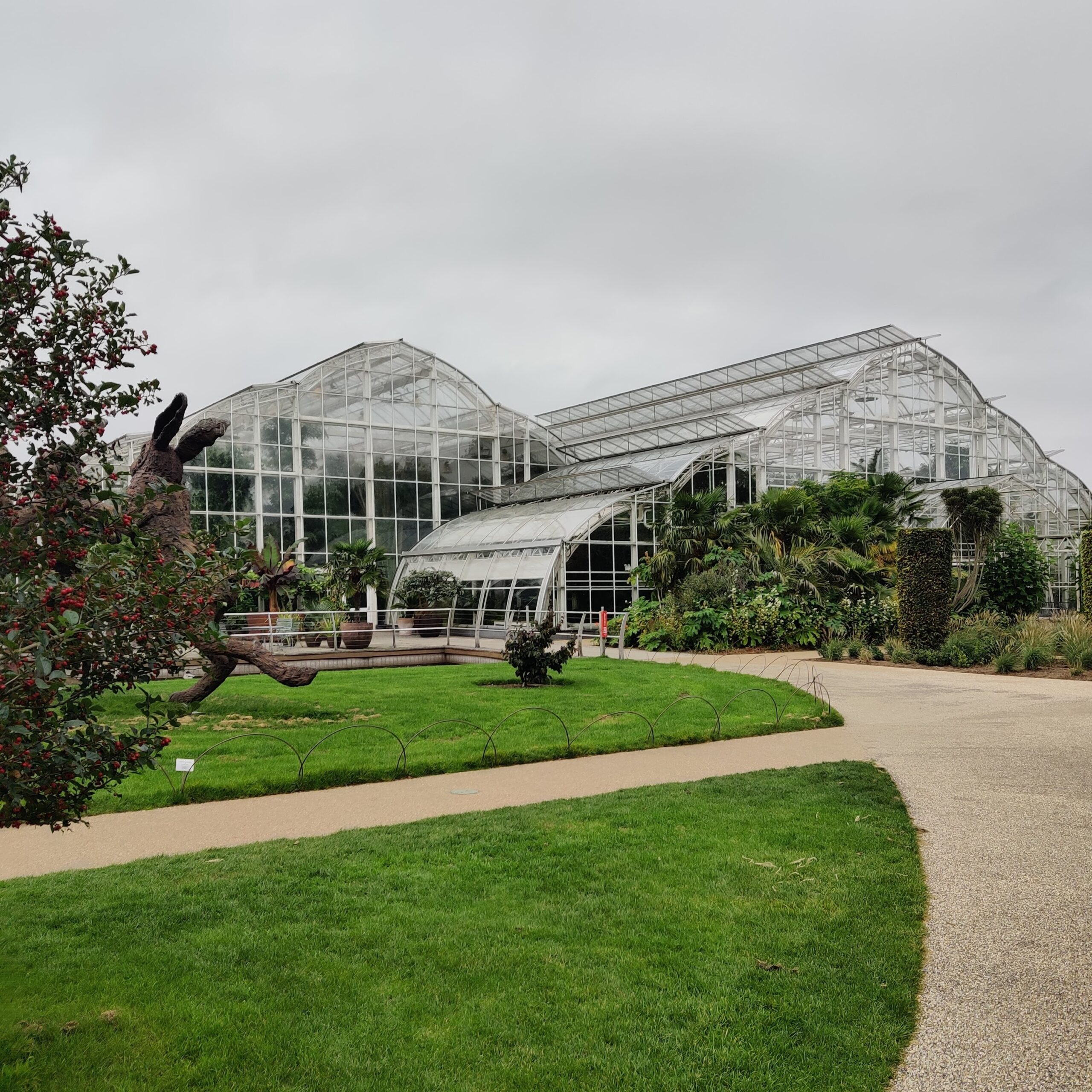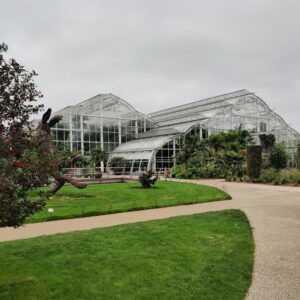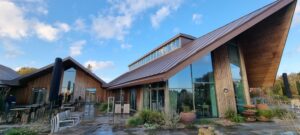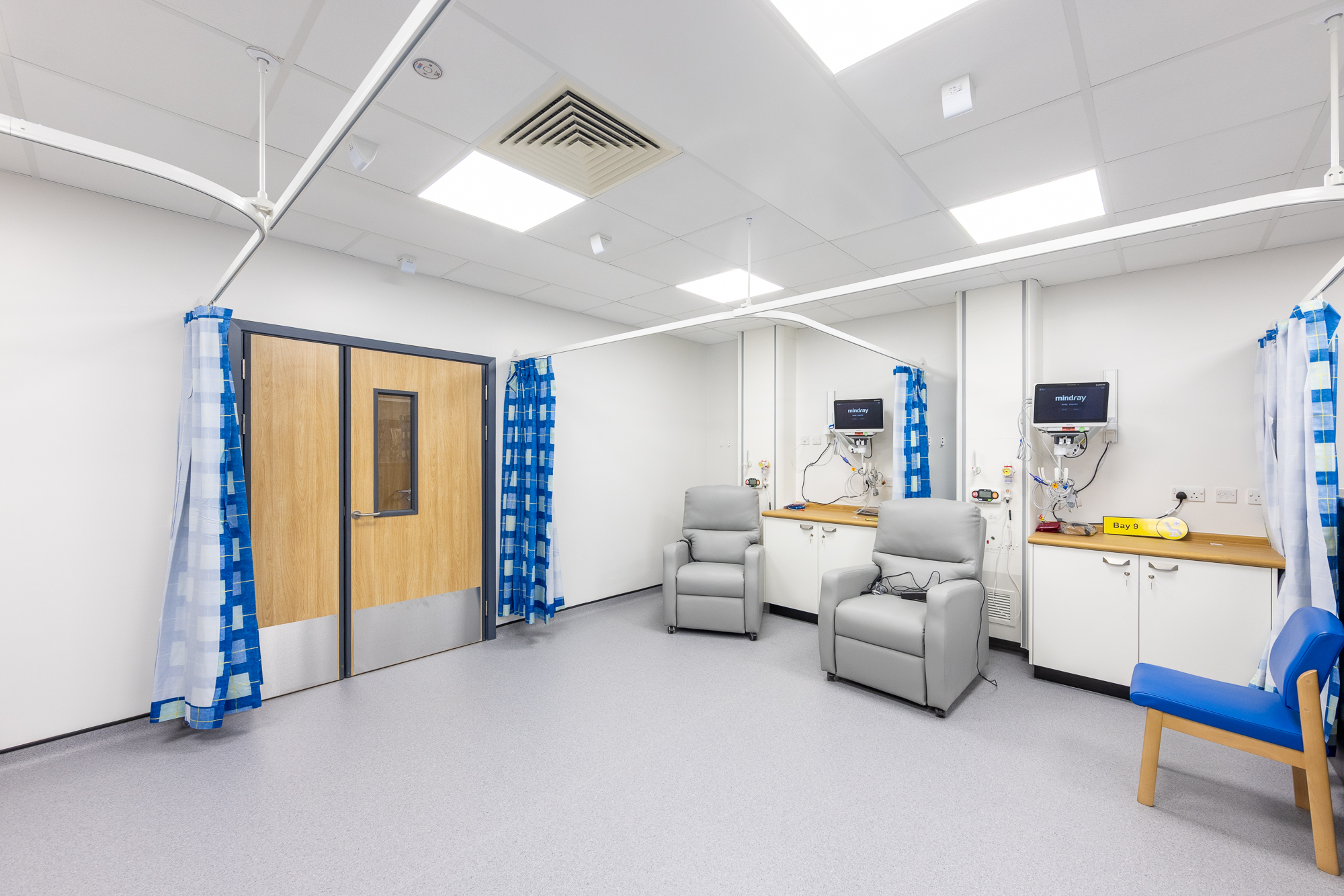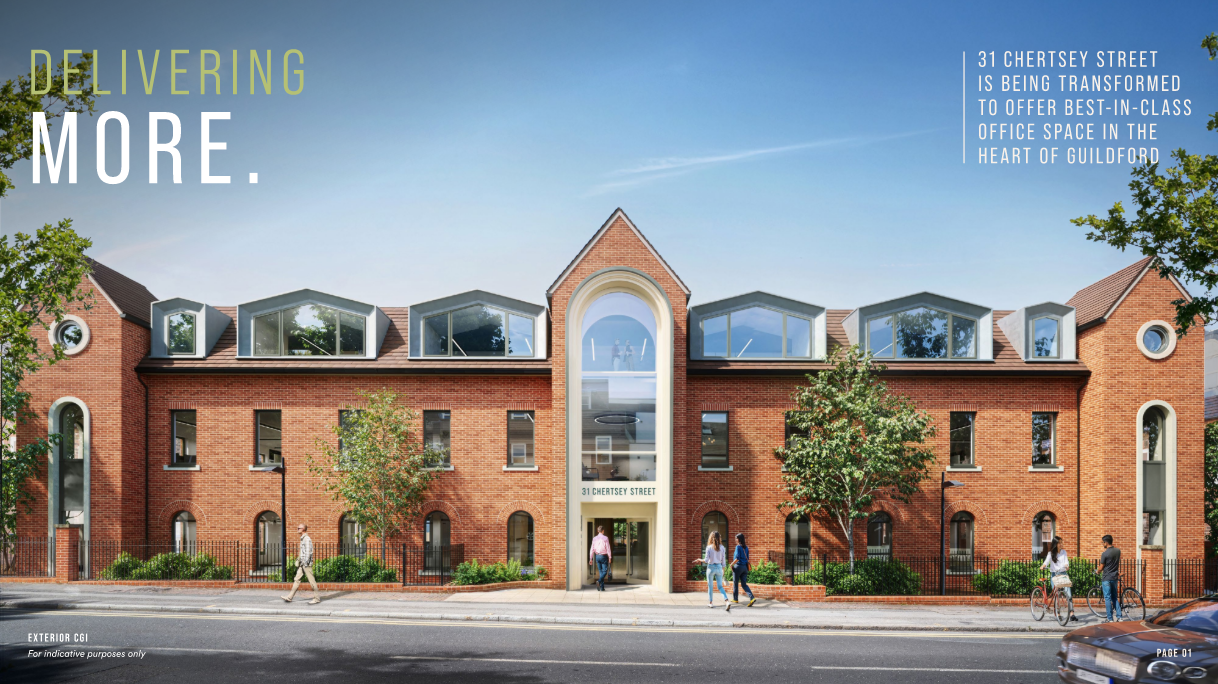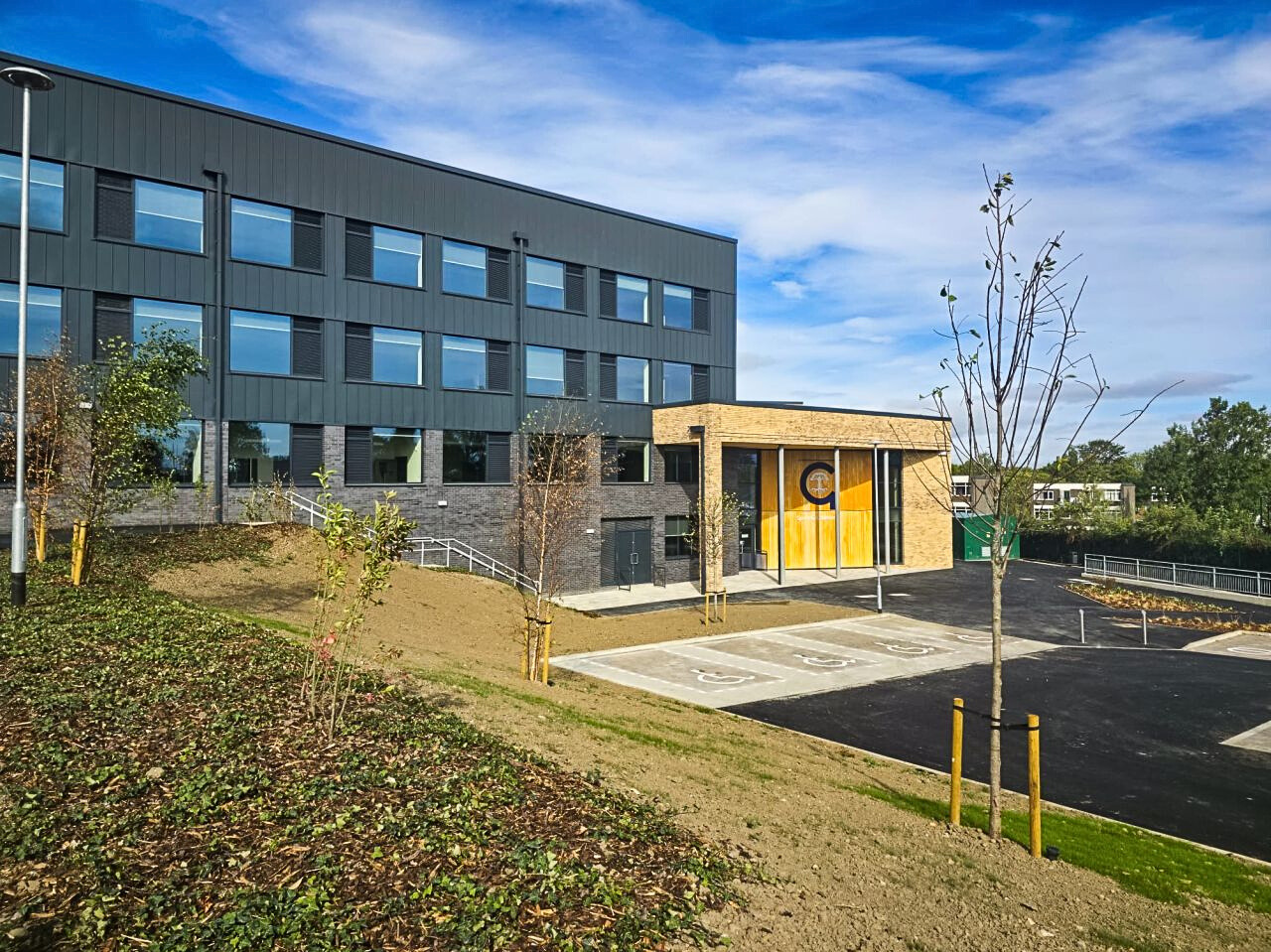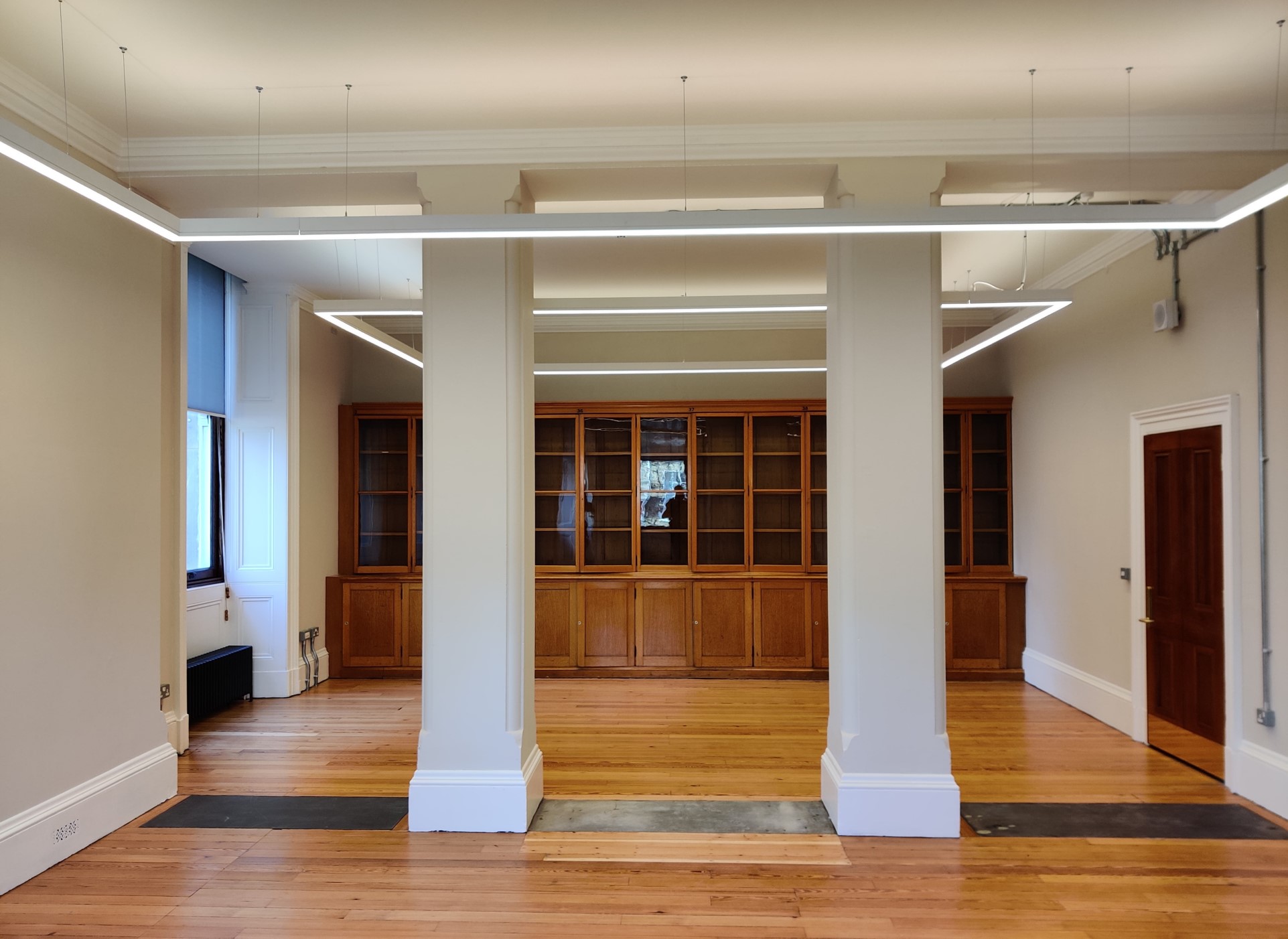Year
Ongoing
Category
Decarbonisation, Featured Projects
Client
The Royal Horticultural Society
Location
Various
The Royal Horticultural Society
The Royal Horticultural Society has commissioned TGA to undertake a study into the use of energy at three of its sites. TGA are looking at buildings at RHS Garden Wisley in Surrey, RHS Garden Hyde Hall in Essex and RHS Vincent Square, the Society’s London Head Office.
Project Summary
Some challenges for this project include the generally sensitive environment with its important aesthetic qualities, the mix of building types including both modern structures and historic buildings which have sometimes been converted from previous use as farm buildings, the widely distributed nature of the Garden sites and their ongoing daily use as live visitor attractions. Further, the buildings in question include the famous Bicentennial Glasshouse at RHS Wisley which houses sensitive plant species on a large scale in environments which simulate those from a range of locations around the world, a series of propagation glasshouses used to nurture plants for sale and for research purposes, as well as archival facilities of global significance.
The study is intended to identify how energy use can be minimised whilst delivering the required environmental conditions, including consideration of potential building fabric improvements, low carbon heating technologies and sustainable power generation to reduce the Society’s reliance on fossil fuels and their carbon footprint.
We are developing dynamic thermal models of selected buildings to allow us to evaluate objectively how potential changes to target environmental conditions, enhancements to the performance of the building fabric, alternative heating or ventilation technologies or the implementation of more elaborate controls might impact on energy use, carbon emissions, energy costs and upfront capital costs.
TGA’s Mechanical, Electrical and Building Performance teams are working as an integrated team, working closely with the RHS to review existing services and the buildings in which they are installed.
The RHS published its Sustainability Strategy in 2021, a significant element of which is to become climate positive across their operations by 2030 without using offsets. TGA are being assisted in this process by conservation architects Purcell and quantity surveyors Thorton Firkin.
TGA have substantial experience of developing, and subsequently implementing to the outcome of, such studies in challenging environments which often include sensitive historic buildings. Recent examples include buildings on the Farne Islands in Northumberland for the National Trust, Portsmouth Cathedral, Raby Estate in County Durham and Salford Cathedral.

